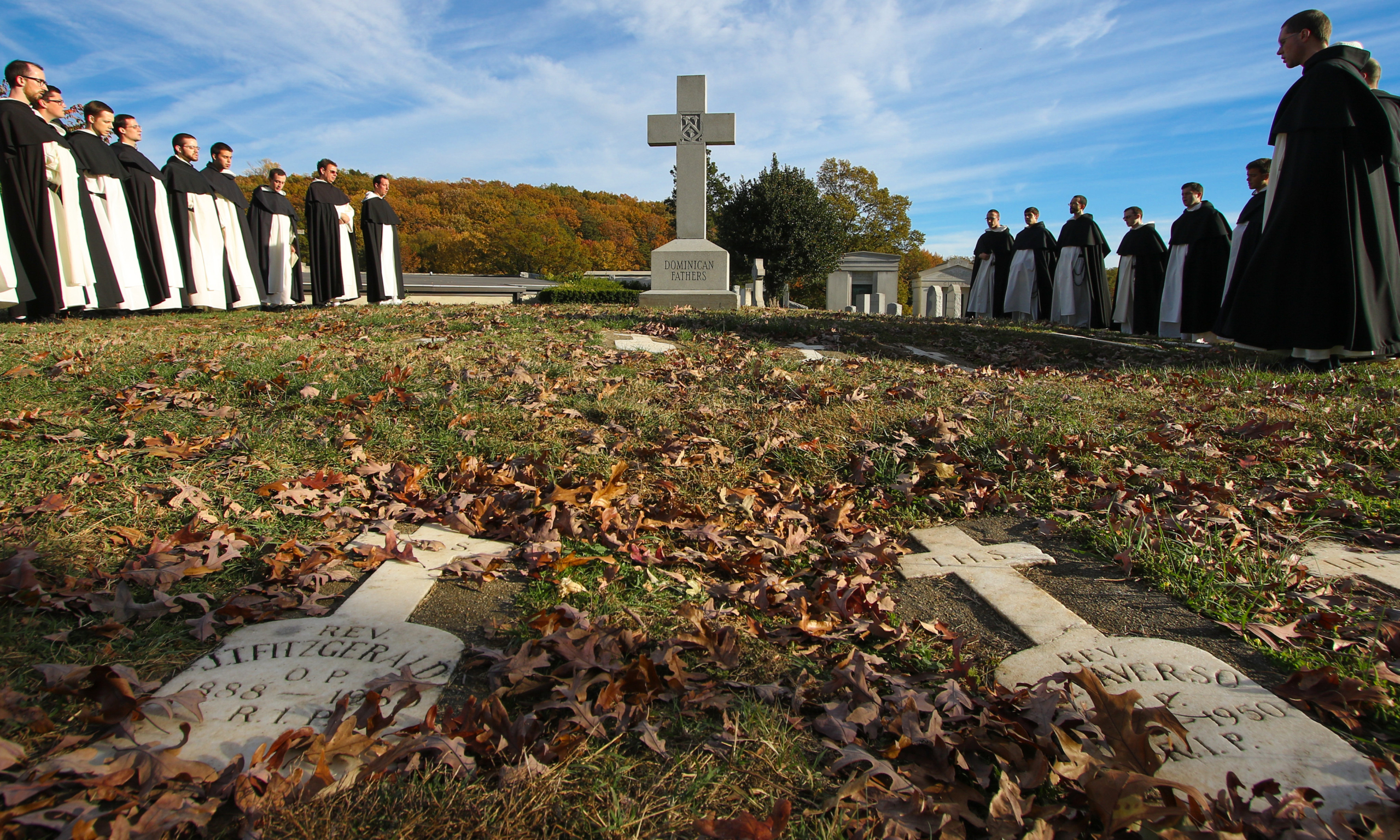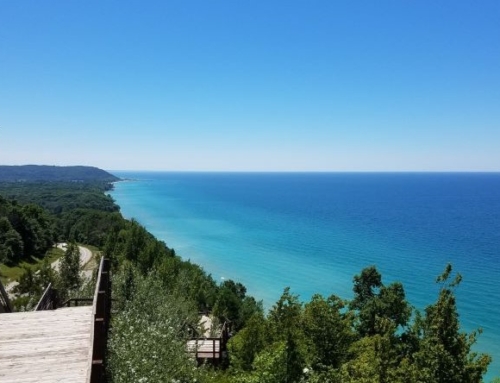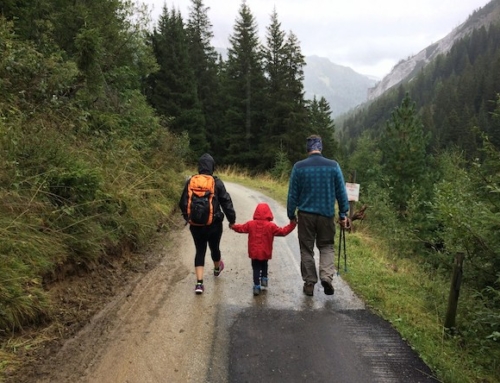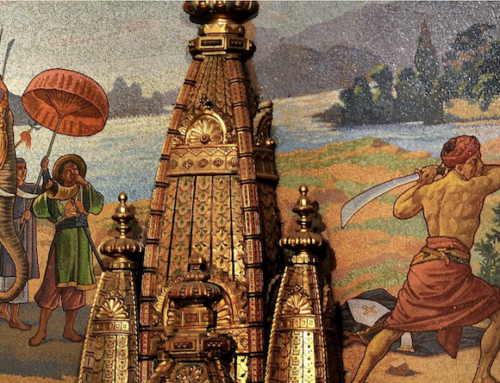Forma Vitae: An Essay on the Dominican Life
A “forma vitae” essay is meant to convey something about the “form of life” that we, as Dominican friars, live in virtue of our religious vows. Each “forma vitae” essay should provide accessible, insightful, and revealing commentary about the Dominican life and vocation. Other “forma vitae” essays can be found here.
It was tranquil and silent as we sat on opposite sides in the front of the church, pausing for a moment to collect our thoughts. The pews were hard and very cold, the lacquer worn down by generations of parishioners stopping in to pray each day since St. Joseph, the oldest church in Ohio, was founded on December 6, 1818. I looked back down at the large red book with gilt letters that read The Abbey Psalter, and continued,
“Remember your compassion and your mercy, O Lord,
for they are ages old.”
The other brother responded in chant,
“Remember no more the sins of my youth;
remember me according to your mercy, because of your goodness, Lord.”
Psalm 25 is seared into my memory as the first psalm my novice brother and I sang while keeping vigil for the recently deceased Fr. Adrian Dionne. We were wearing our black cappas over our relatively new habits while flanking the body of Fr. Dionne, a priest of nearly 70 years. We begged the Lord to have mercy on the soul of our priestly brother and to welcome him into heaven. Praying for our dead brothers and sisters is a tradition of the Order embedded into the regular life of every Dominican friar and convent.
“Good and upright is the Lord,
therefore he shows sinners the way”
In the serenity of that night, I reflected upon how we Dominicans pray for the dead. In our Constitutions, we are exhorted: “Let the brothers cherish the memory of those in the family of St. Dominic who have gone before them . . . and make known their teaching and achievements, while not forgetting to pray for them” (Constitutions, 16). That very day we had prayed the Office for the Dead, and a few hours later we would celebrate Fr. Dionne’s Funeral Mass. The young friar prays for his deceased brother so that, by God’s grace, he might have swift entry into heaven. We also pray for him so that, once in heaven, our brother might intercede for us. This symbiosis is a monument of the Dominican tradition (see Libellus, 93).
“Let integrity and uprightness preserve me;
I wait for you, O Lord.”
As I heard these lines, I looked over at the body lying in the coffin. He was wearing the same habit that we wore: the same cappa, the same white scapular, the same 15 decades with beads worn out from passing them through his fingers. Surely he too had prayed his weekly rosary for the intention of the deceased brethren, another one of our traditions. He also wore a stole around his neck indicating his priestly ministry. God willing, that would be us one day, and seeing him there reminded us why we were here in the first place: to pray for the salvation of his soul, an act that embodies the very essence of Dominican life.
“Glory to the Father, and to the Son, and to the Holy Spirit,
as it was in the beginning, is now, and will be forever. Amen.”
That evening, as the community of friars in Somerset, Ohio, gathered to pray the De Profundis (Psalm 130)—which Dominicans say daily in every convent throughout the Order for the souls of our deceased brothers—we remembered Fr. Dionne in a special way. And every day, as we live the Dominican life and pray our suffrages, we fervently ask God that the dead of our Order might enter into his kingdom, find their salvation, intercede for us, and glorify the Father, Son, and Holy Spirit, now and forever.
✠
Photo by Fr. Lawrence Lew (used with permission)







